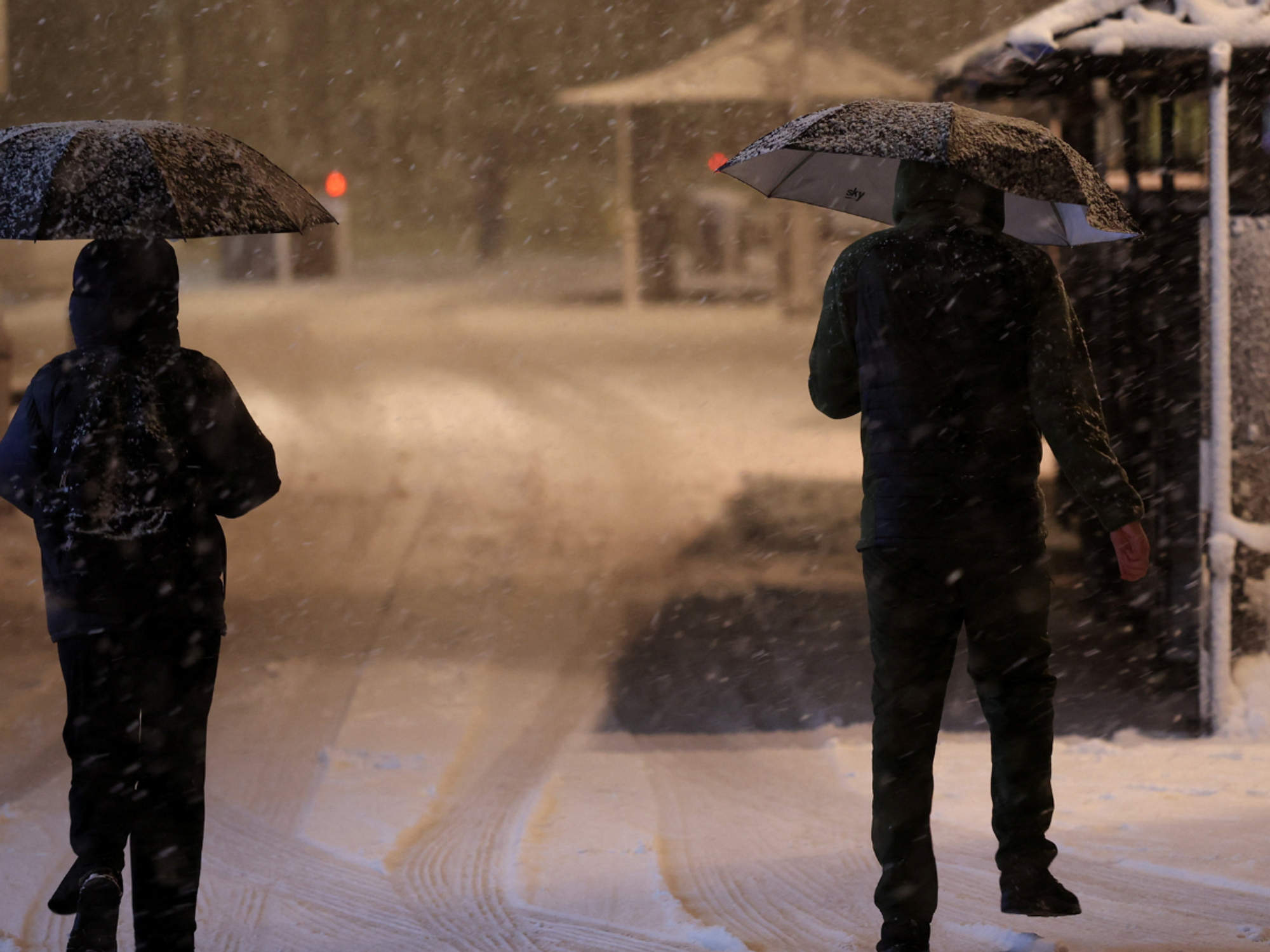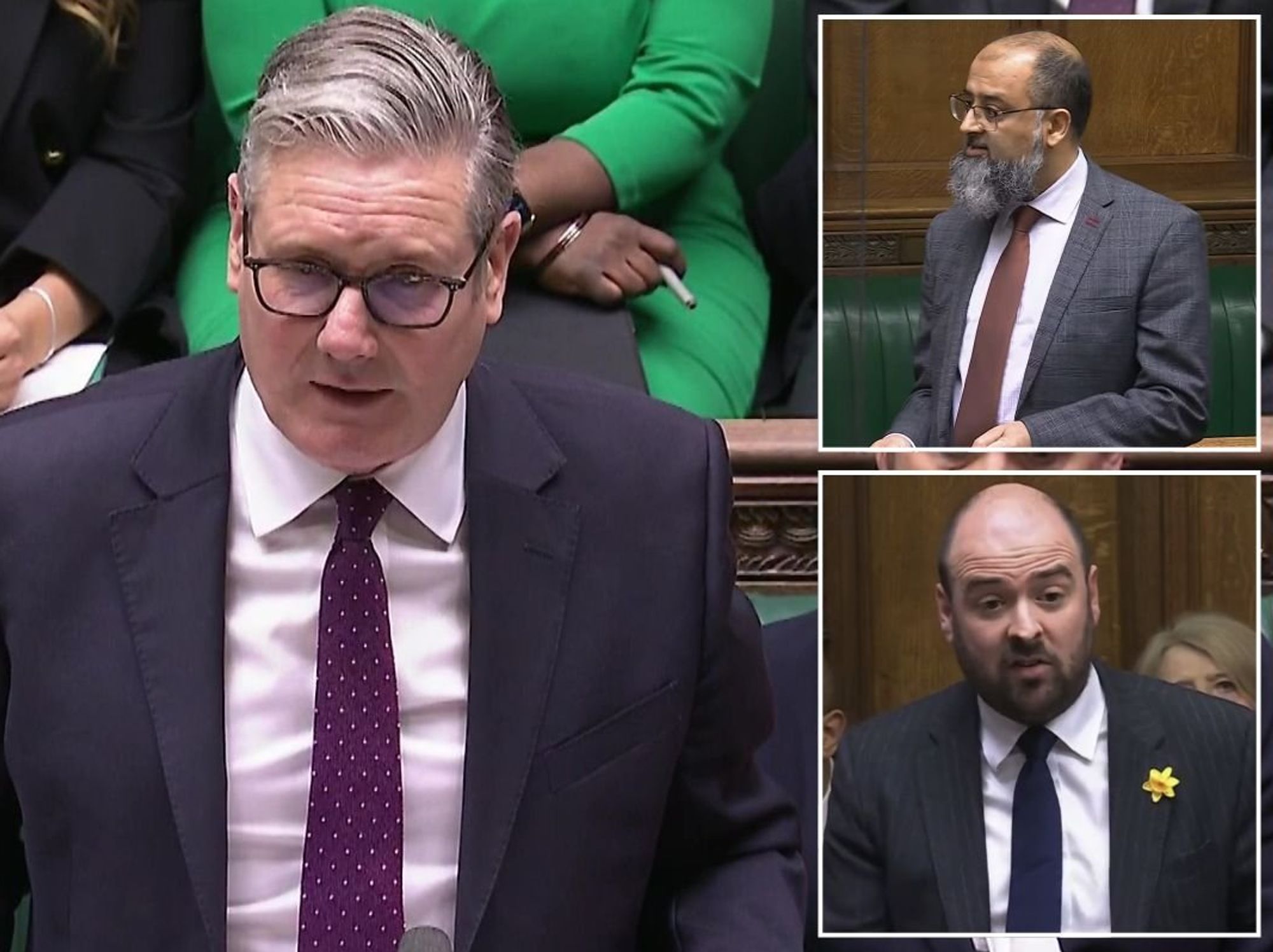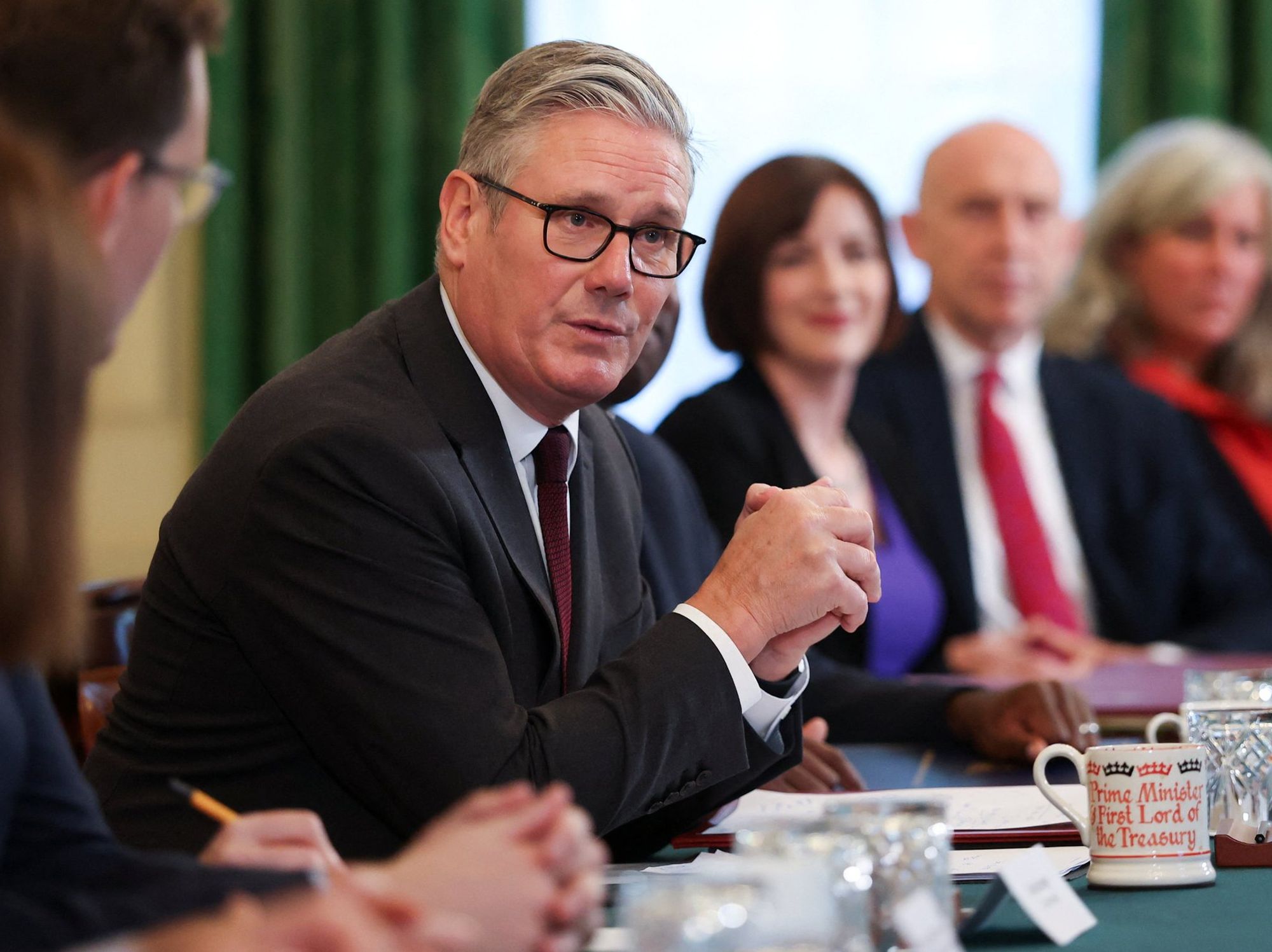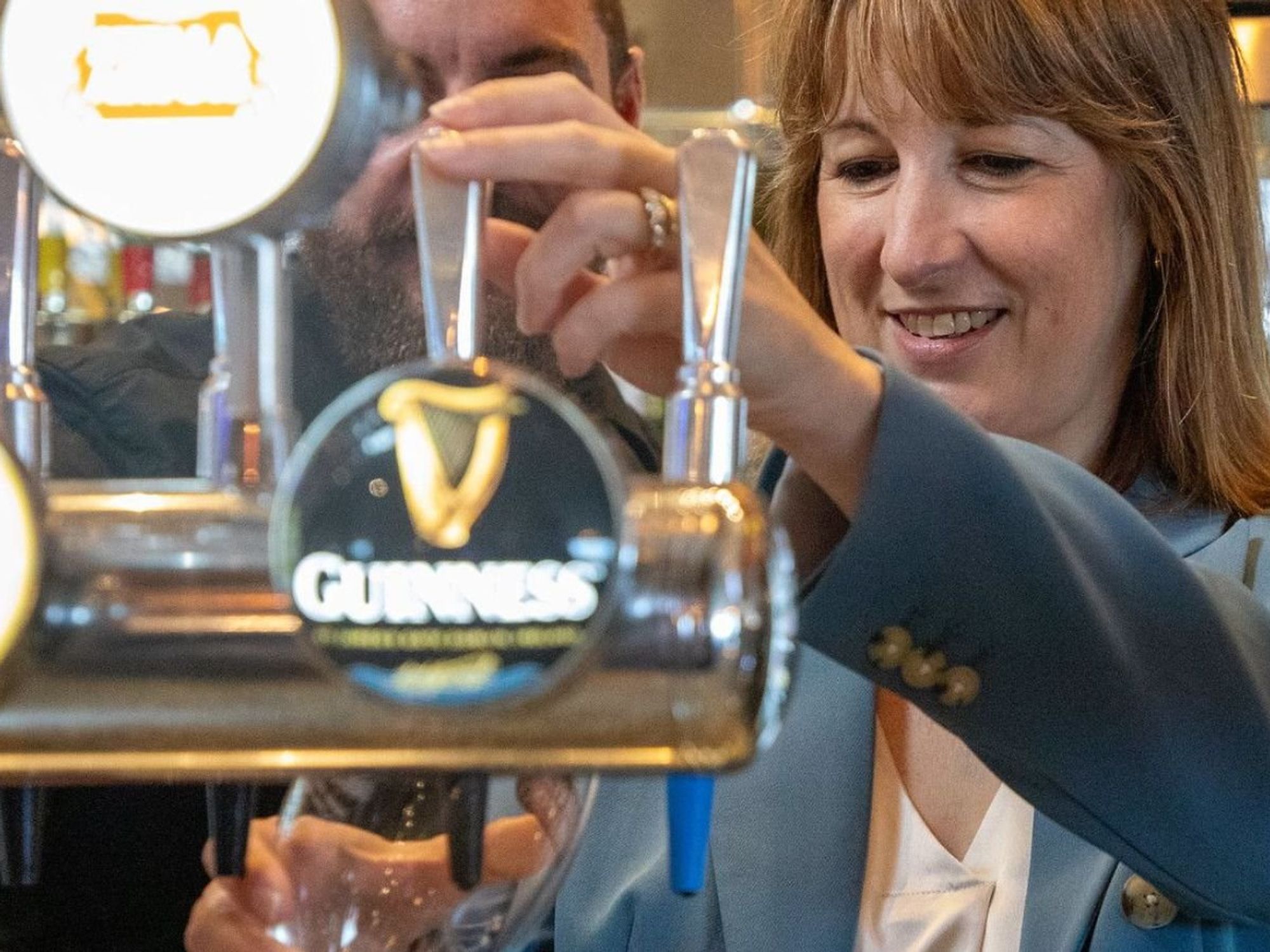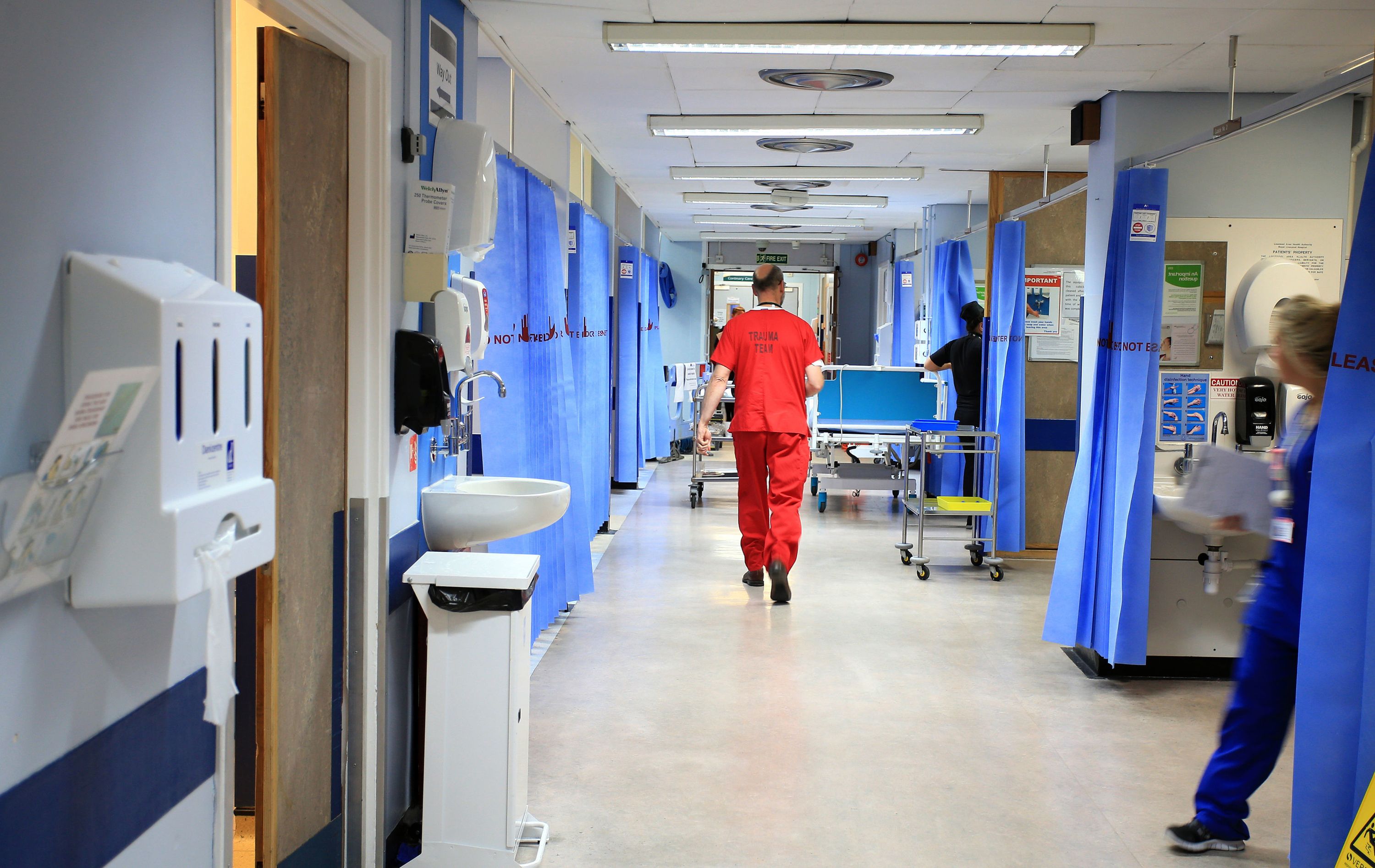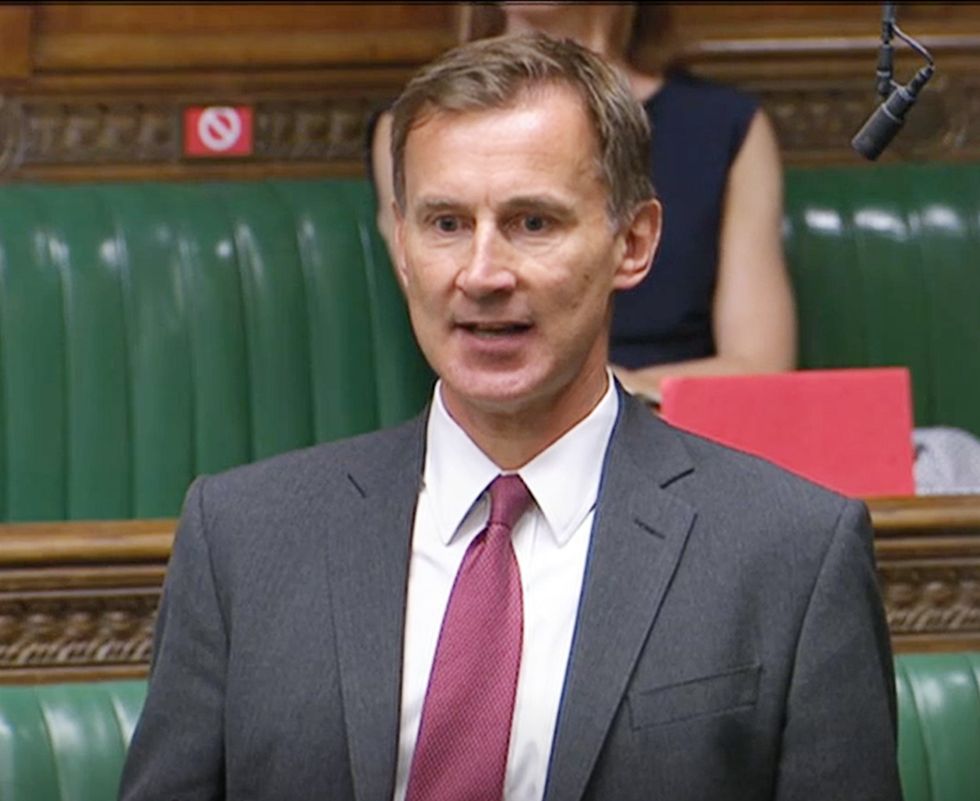NHS faces 'greatest workforce crisis in history' as understaffing poses 'serious risk to patient safety'
NHS understaffing poses a serious risk to patient safety, MPs have said in a damning report
Don't Miss
Most Read
Research by the Nuffield Trust shows the NHS in England is short of 12,000 hospital doctors and more than 50,000 nurses and midwives.
A Health and Social Care Committee report said maternity services are “under unsustainable pressure”, while the number of full-time equivalent GPs also fell by more than 700 over three years to March 2022.
Projections suggest an extra 475,000 jobs will be needed in health and an extra 490,000 jobs in social care by the early part of the next decade.
The report said: “In the face of this, the Government has shown a marked reluctance to act decisively.
“The workforce plan promised in the spring has not yet been published and will be a ‘framework’ with no numbers, which we are told could potentially follow in yet another report later this year.”
MPs said that while some progress has been made towards a target of recruiting 50,000 nurses, the Government is set to miss its target to recruit 6,000 more GPs, as promised in the Conservative Party manifesto.
The NHS faces a crisis point, the report says
Peter Byrne
The report reads: “The persistent understaffing of the NHS now poses a serious risk to staff and patient safety both for routine and emergency care. It also costs more as patients present later with more serious illness.
“But most depressing for many on the frontline is the absence of any credible strategy to address it.”
It said staff are under pressure and the NHS loses millions of full-time equivalent days to staff sickness caused by anxiety, stress and depression.
The study said "the result is that many in an exhausted workforce are considering leaving — and if they do pressure will increase still further on their colleagues".
MPs said the Government’s “refusal” to make workforce planning data public “means that the basic question which every health and care worker is asking: are we training enough staff to meet patient need? will remain unanswered”.
The report also criticises NHS pension arrangements which are leading to senior doctors reducing their working hours owing to facing hefty tax bills.
More needs to be done on social care worker pay to stop people leaving, it added.
A separate report by the committee’s panel of independent experts rates the Government’s progress overall to meet key commitments it has made on workforce as “inadequate”.
Health and Social Care Committee chairman Jeremy Hunt said: “We now face the greatest workforce crisis in history in the NHS and in social care with still no idea of the number of additional doctors, nurses and other professionals we actually need.
Health and Social Care Committee chairman Jeremy Hunt
House of Commons
“NHS professionals know there is no silver bullet to solve this problem but we should at least be giving them comfort that a plan is in place. This must be a top priority for the new prime minister.”
The report said almost every part of the NHS was suffering staff shortages.
On maternity, it said 552 midwives left in the last year showing a “clear problem with midwifery retention”.
MPs criticised the Government and NHS England for failing to set out when safe staffing in maternity would be reached, a failure that “demonstrates a lack of responsibility” and “is absolutely unacceptable”.
Danny Mortimer, chief executive of NHS Employers, which is part of the NHS Confederation, said the report “once again highlights the extent of the workforce crisis now facing both the NHS and social care”.
He said tens of thousands of staff vacancies “at the last count and an exhausted workforce present one of the greatest challenges to the recovery of the economy and the return of safe, high-quality health services for all”.
He added health leaders are “beyond worried that the Government has shown a sustained reluctance to act decisively on NHS and social care staffing and echo the Committee’s concerns that the lack of long-term planning and investment risks the Government’s plans to tackle the waiting list backlog and poses a serious risk to both staff and patient safety”.
Political leaders must be “brave enough to tell the truth and be honest with the public about the scale of challenges facing social care and health and tackle workforce planning and investment head on.
“It is time for a reality reset on the NHS”, he added.
Patricia Marquis, the Royal College of Nursing’s director for England, said the report’s findings show “in the starkest of detail the workforce crisis across the whole of health and social care in England”.
She said: “That persistent understaffing in all care settings poses a serious risk to staff and patient safety should shock ministers into action.
“On pay, the committee was very clear saying it is unacceptable that some NHS nurses are struggling to feed their families, pay their rent, and travel to work.
“Their recommendation that nursing staff should be given a pay rise that takes account of the cost of living crisis should make government rethink the latest pay deal that follows a decade of real terms pay cuts that will force even more to leave the profession.”
Unison general secretary Christina McAnea said: “The Government’s had years to improve the workforce situation but has done little.
“Only last week ministers could have acted to stop the exodus of porters, healthcare assistants and other NHS staff with an above-inflation wage rise. But chose not to.”
Labour’s Shadow Health Secretary Wes Streeting accused the Government of having “utterly failed” to address the crisis.
A Department of Health and Social Care spokesperson said: “We are growing the health and social care workforce, with over 4,000 more doctors, and 9,600 more nurses compared to last year, and over 1,400 more doctors in general practice compared to March 2019.
“As we continue to deliver on our commitment to recruit 50,000 more nurses by 2024, we are also running a £95million recruitment drive for maternity services and providing £500million to develop our valued social care workforce, including through training opportunities and new career pathways.
“We have commissioned NHS England to develop a long term workforce plan to recruit and support NHS staff while they deliver high quality, safe care to patients and help to bust the Covid backlogs.”






